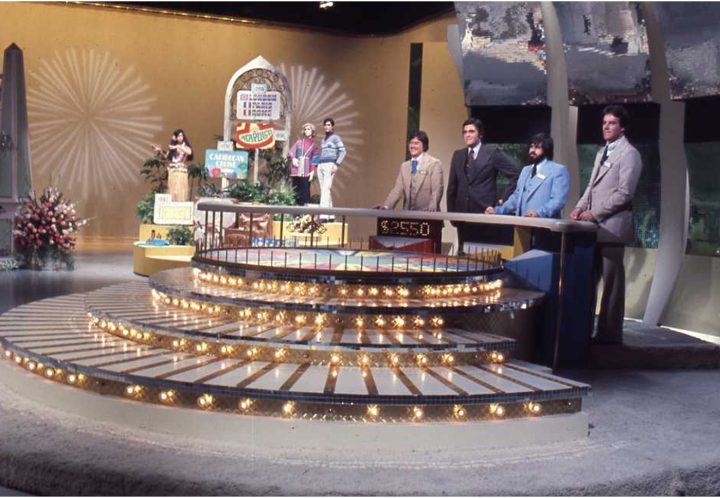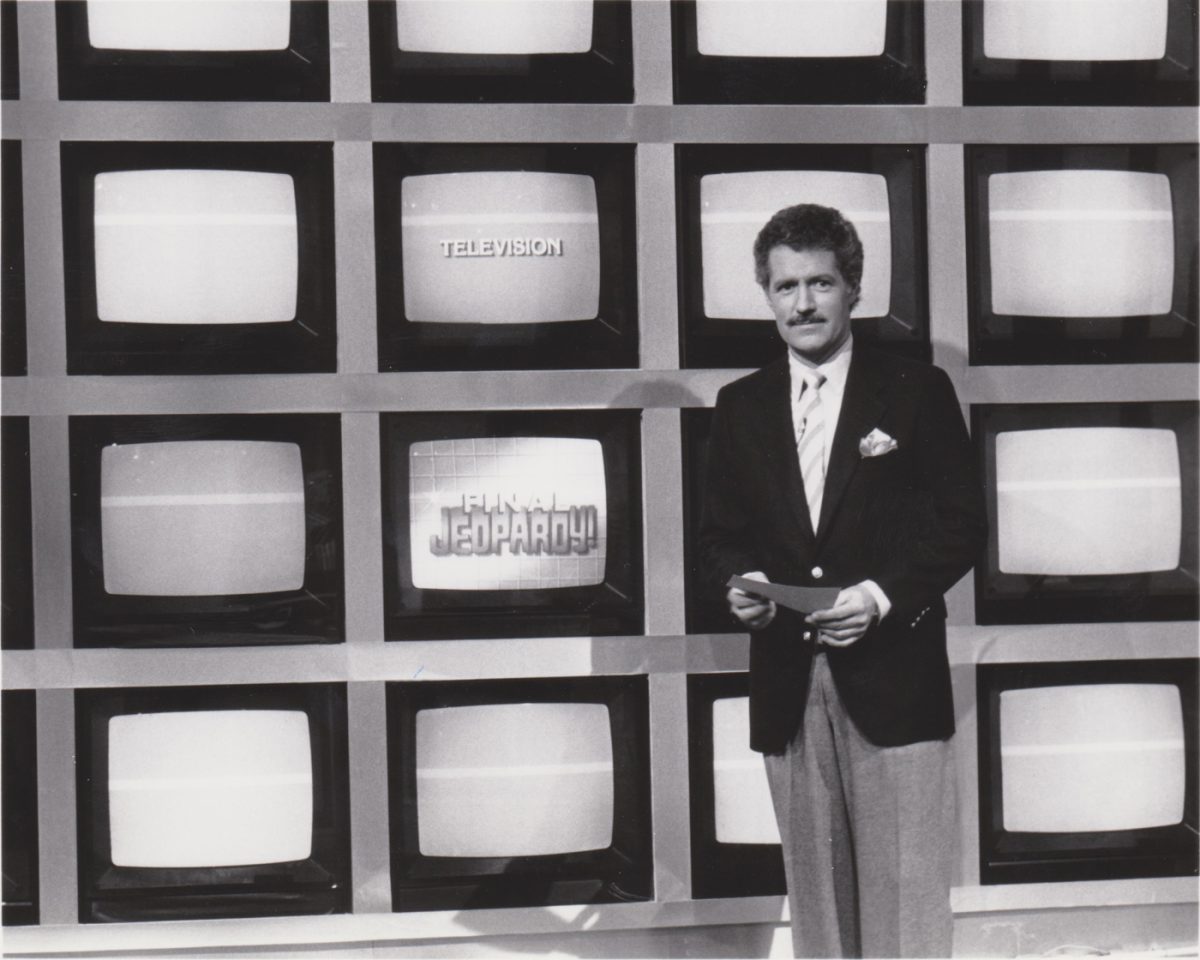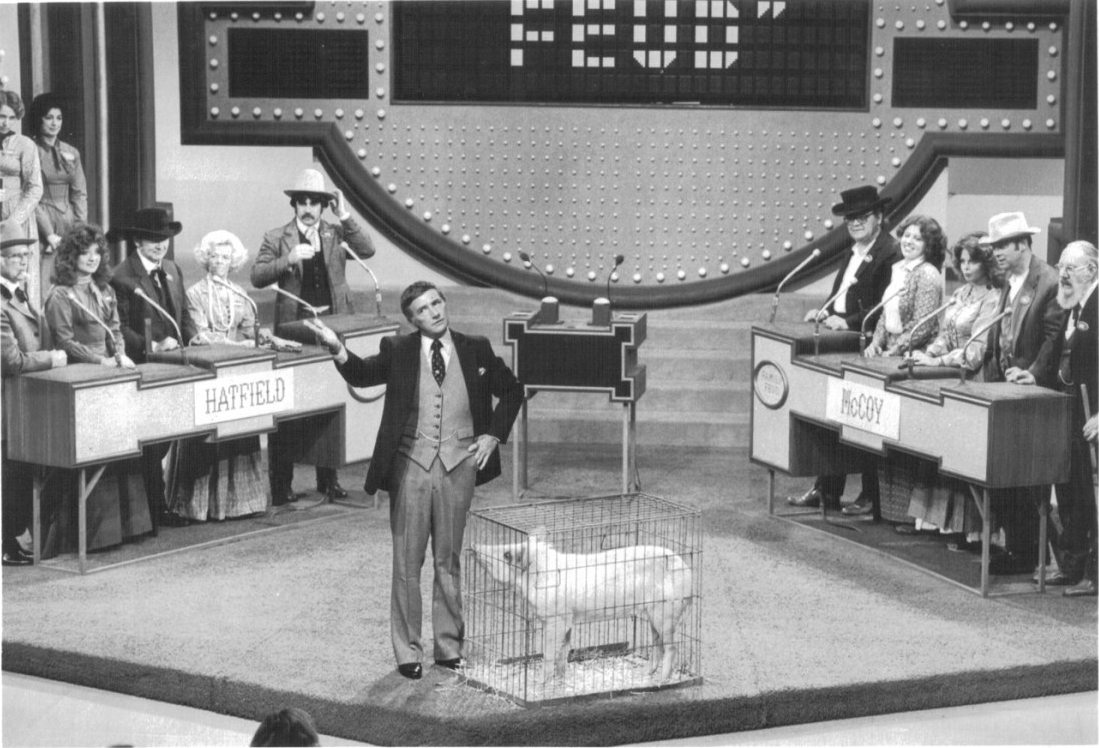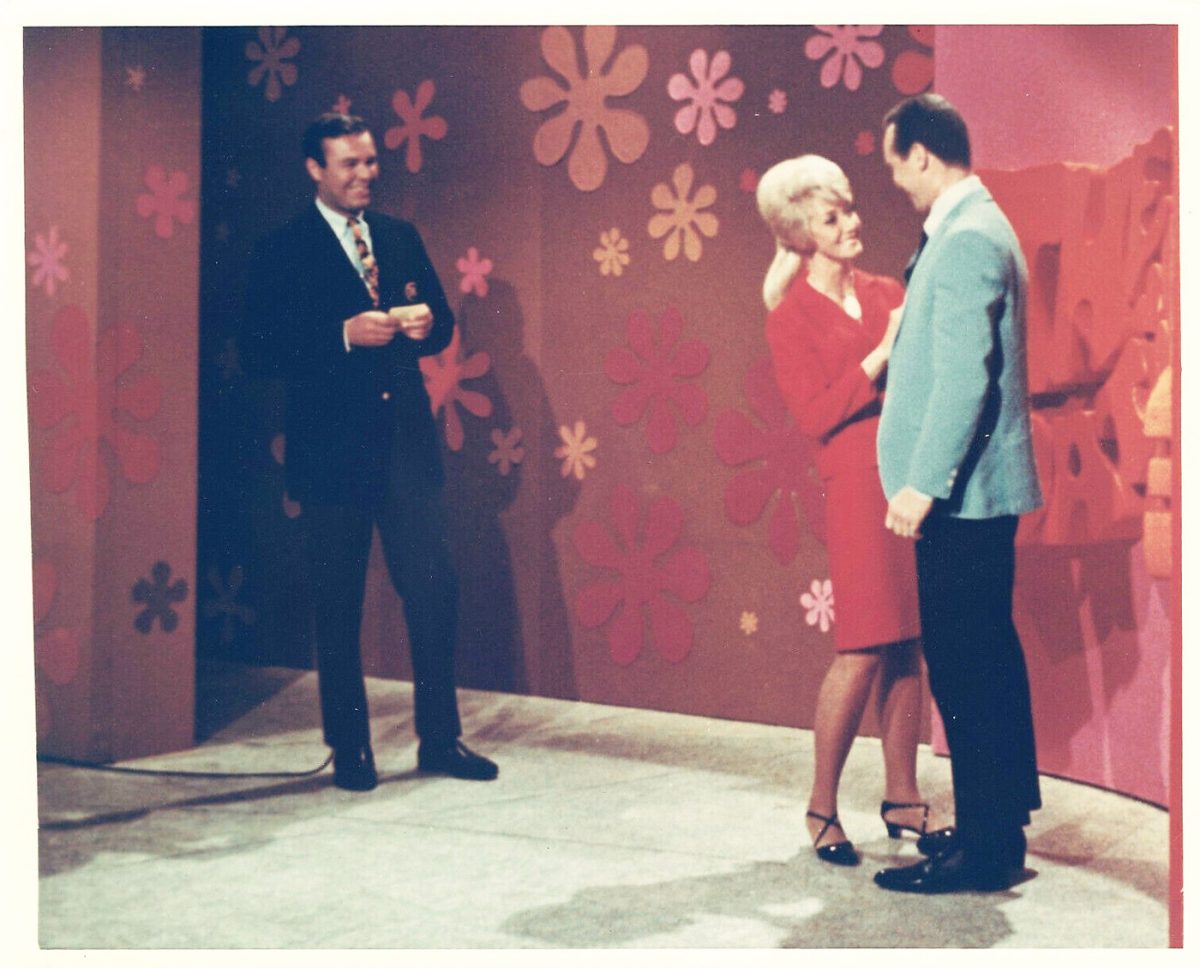
With the predominance of streaming services, we are beginning to lose one of the great cultural boons of unified television viewing: the game show.
Weekday consumer fare, like Let’s Make a Deal and The Price is Right — the longest-running game show, on air in some form since 1956 — were a signature viewing experience to pair with domestic chores. Cerebral nighttime games like Wheel of Fortune, Password, and of course Jeopardy were once a staple of family TV time. Dating shows like The Dating Game and its MTV descendant Singled Out presaged the nightmare of awkward romantic encounters far before app-driven technologies made it part of actual dating. Not to mention the bonanza of Saturday morning oddities, from face-offs with ultra-jacked Olympian athletes on American Gladiators, to slime-based physical challenges on Double-Dare, to the ever-hilarious, ever-irritating experience of watching someone get whammied on Press Your Luck.

Of course, embedded within these game shows are a motley crew of hosts and comely assistants, some of whom became household names in their own right. Those and all the rest are soon to have a home at the Strong National Museum of Play, which just announced the launch of the first-ever Game Show Archive and History Center, co-founded by veteran television producers Howard Blumenthal (Where in the World is Carmen Sandiego?) and Bob Boden (Funny You Should Ask).

In a press release in early June, the Strong announced its intention to acquire the records and materials of producers, performers, directors, designers, writers, executives, and staff members who have been involved in the development of game shows, as well as their production, marketing, and distribution. Scripts, set designs, props, technical plans, marketing materials, creative plans, production plans, and other objects of interest are intended to form the heart of the archive.


“Game shows are also a form of play for both the participant and viewer, reaching hundreds of millions of viewers,” said Christopher Bensch, vice president for collections at the Strong, in a press release. “It’s only natural that the museum at the forefront of preserving play history takes on the challenge of preserving the history of television game shows.”
Indeed, game shows are a great social equalizer, with relatable everyday people who serve as our proxies as we cheer when they land A BRAND NEW CAR! Or groan when they open one suitcase too many when they should have just taken the deal.

Presumably, the archive will also catalogue some of the truly strange lore of game shows, including the time Rodney Alcala appeared on The Dating Game prior to becoming a notorious serial killer, or Ken Jennings’s untouched 74-game winning streak on Jeopardy in 2004 (for prizes totaling $5.2 million). Maybe they can also investigate why everyone who has ever hosted Family Feud has a creepy uncle vibe.
For those looking to relive the great games of the past, stay tuned — and don’t forget to have your pet spayed or neutered!
0 Commentaires